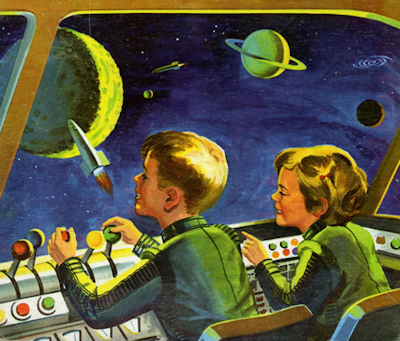
There is a wide range of options available when it comes to teaching science fiction. One of the first things I read when deciding to put together a science fiction literature study was the article, Why Teach Science Fiction? by Professor James Gunn. In it, he writes:
The kinds of subjects that can be taught through science fiction involve all the social and physical sciences, history, ideas, futurology, religion, morality, ecology, reading skills, and many others. In fact, looking at the course descriptions gathered for this issue of Science-Fiction Studies, I am impressed by the fact that they are addressed to almost every issue but the genre itself.
When teaching science fiction from a literary perspective, he outlines three approaches, any or all of which would be valid:
- The "great books" approach, in which the focus is on novels and critical analaysis of what makes them great.
- The "ideas in science fiction" approach, dealing with how science fiction stories can be used to dramatize contemporary problems.
- The historical approach - what is science fiction and how did it get to be that way?
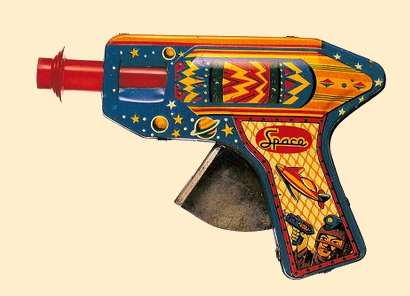
Before I get back to planning our literature study, here were a couple of other ideas that captured my interest:
Teaching Science with Science Fiction
Bibliography:
- Teaching Science Fact with Science Fiction by Richard Raham
- The Science of Star Wars: An Astrophysicist's Independent Examination of Space Travel, Aliens, Planets, and Robots as Portrayed in the Star Wars Films by Jeanne Cavelos
- The Physics of Star Trek by Lawrence M. Krauss
- Planning a Middle School Science Fiction Unit: Contains an excellent book list for evolution and genetics-based science fiction.
Bibliography*:
*The first three books are specifically for middle grade students, while the last two are for adults, but still of value.
- Create-A-Future: Writing a Science Fiction Story by Eleanor Hoomes
- Adventures in Fantasy: Lessons and Activities in Narrative and Descriptive Writing, Grades 5-9 by John Gust
- Writing Magic: Creating Stories that Fly by Gail Carson Levine
- The Guide to Writing Fantasy and Science Fiction by Philip Athans
- World Building: A Writer's Guide to Constructing Star Systems and Life Supporting Planets by Stephen Gillet (Educational even for non-writers!)
- Teaching Science Fiction Writing from Teachers Network
Miscellaneous Resources
- Science Fiction and the Future: A Middle School unit from the Yale-New Haven Teachers Institute
- Sample High School Science Fiction Course from AboutSF
- AboutSF Lesson Library: Sadly, many of the links are currently broken, but hopefully they'll be fixed soon.
- Science Fiction Websites and Other Resources from the University of Kansas Center for Science Fiction Studies
- Science Fiction Reading List for Kids from the Golden Duck Awards (promoting excellence in children's science fiction)
2 Comments:
Subscribe to:
Post Comments (Atom)
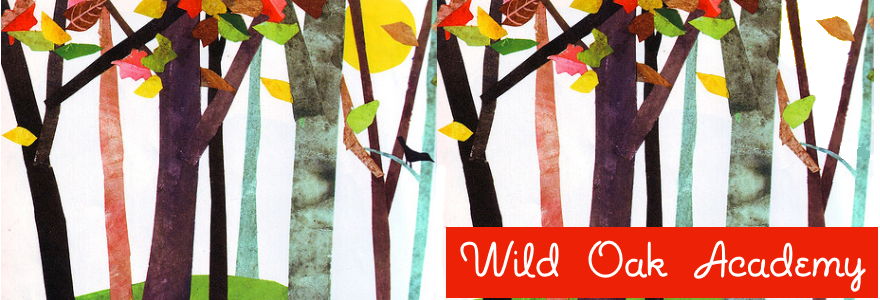









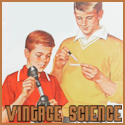
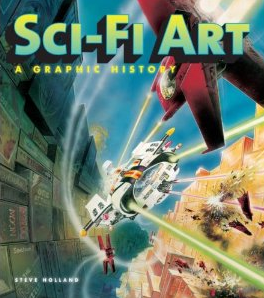




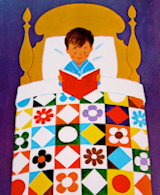





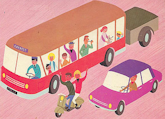
Best of luck, it sounds like a lot of fun. Asimov was a good read although it may depend on the ages of the students.
Best wishes
Jen in Oz